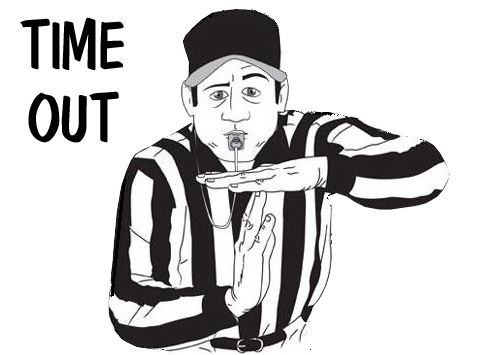

You have the right to ask for unpaid time off to train or study if all of the following apply: You might have the right to ask for time off work to study if you’re an employee. Check if you can take time off for study or training You can check if you can get time off for interviews in a redundancy situation. If you’re being made redundant, you might be entitled to some time off to find a new job. You could consider using some of your paid holiday time. You’re not usually entitled to time off work for job interviews. Check if you can take time off for job interviews Try to get their reply in writing as it will help to have a record if there’s a problem later. You also need to say why you need the time off and when you expect to be back. You need to tell your employer as soon as possible that you’ll need to be off. You need to deal with an unexpected incident involving your child at their school The amount of time off has to be reasonable and you can only take enough time to deal with the urgent problem.Ĭare arrangements for a dependant suddenly break down It will be unpaid leave unless your contract of employment says you will be paid. Someone who relies on you, like a disabled neighbour Someone who lives at your house, unless they’re your lodger or employee Your partner, husband, wife or civil partner You can take time off to care for someone if they’re a ‘dependant’. If you’re not sure if you’re an employee, check your employment status. You might not be an employee if for example you work for an agency or you’re not guaranteed to get any work. You might be an employee even if your employer or your contract says you’re self-employed. You’re only entitled to time off to care for someone if you’re an employee. Check if you can take time off to care for someone in an emergency If you’re a parent, you might also be able to take unpaid parental leave - for example to spend more time with your child.Ĭheck your parental rights at work. time off to attend antenatal appointments.If you’re expecting a baby, you or your partner might be entitled to:
#TAKE TIME OUT HOW TO#
You can check how to ask your employer for reasonable adjustments.

If they don’t, it might be discrimination. Your employer must make reasonable adjustments to let you have time off for medical appointments related to your disability or long-term health condition. If you’re disabled or have a long-term health condition Have these appointments outside work hours They don’t have to agree to it, so you might have to: If your contract doesn’t say you can have time off, you can still ask your employer for the time off. You should check your employment contract to see if it says you can have time off for these appointments and if you’ll get paid. You’re not usually entitled to take time off to go to the doctor, dentist or a hospital appointment - even if you’re injured in an accident at work. Check if you can take time off for medical appointments You can check if you’re entitled to sick pay. You might be entitled to sick pay when you’re off sick or can’t work because of an injury. You can check if you’re entitled to holiday pay. You’re usually entitled to a minimum of 5.6 weeks' paid holiday a year. Check if you can take time off for holidays You should explain your reasons and see if you can reach an agreement. If you want to take more unpaid leave than you’re entitled to, you can ask your employer but they don’t have to agree to give you the extra time off. If you agreed this in a conversation with your employerīecause of the way things are done at your work

You might still have extra rights even if you don’t have a written employment contract. You should check your employment contract to see if you have any extra rights to time off. For example, they might give you more paid holiday days.

Your employer might let you have more time off on top of your statutory rights. You won’t be paid for any unpaid leave you take. This time off might be paid leave or unpaid leave. You have the right to take time off work in certain circumstances.


 0 kommentar(er)
0 kommentar(er)
